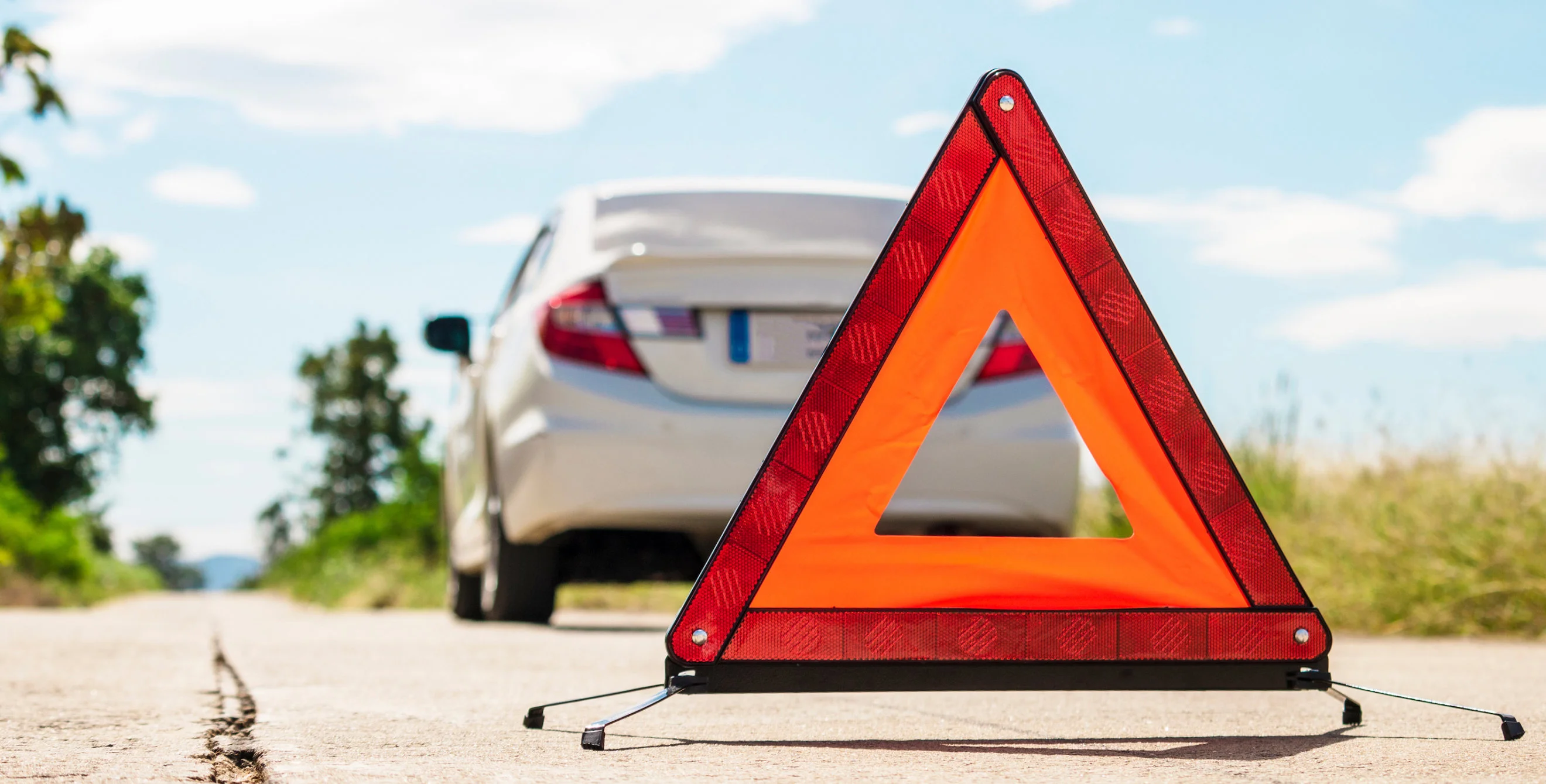Driving on the road can be unpredictable, and emergencies can arise at any moment. Whether you're navigating the bustling streets of Sydney or cruising through quieter areas of New South Wales, knowing how to handle emergency situations is crucial for your safety and the safety of others. In this blog, we’ll discuss essential tips and strategies to help you stay calm and respond effectively during road emergencies.

Quick Summary Box
TL;DR: Handling emergencies on the road requires quick thinking, preparation, and knowledge of basic safety protocols. Stay calm, assess the situation, and take appropriate action to ensure safety.
- Time Required: A few minutes to read and implement.
- Difficulty Level: Moderate (requires awareness and practice).
- What You’ll Need: A calm mindset, basic knowledge of car maintenance, and emergency tools (e.g., first aid kit, spare tire).
Common Road Emergencies and How to Handle Them
Emergencies can range from mechanical failures to accidents. Here’s how to handle some of the most common situations:
1. Tire Blowout
What to Do:
- Stay calm and grip the steering wheel firmly.
- Do not slam on the brakes. Instead, ease off the accelerator gradually.
- Allow the car to slow down naturally and steer straight.
- Once the car is under control, pull over to a safe location and change the tire or call for assistance.
2. Engine Failure
What to Do:
- Turn on your hazard lights to alert other drivers.
- Try to coast to the side of the road or a safe area.
- If the car stops abruptly, stay inside with your seatbelt on until it’s safe to exit.
- Call for roadside assistance or a tow truck.
3. Brake Failure
What to Do:
- Pump the brake pedal to build pressure.
- Shift to a lower gear to slow the vehicle.
- Use the handbrake gradually to avoid skidding.
- Steer to a safe area and use friction (e.g., a guardrail or curb) to stop if necessary.
4. Accidents
What to Do:
- Check for injuries and call emergency services immediately.
- Move to a safe location if possible, but avoid leaving the scene.
- Exchange information with the other driver(s) and document the scene with photos.
- Notify your insurance company as soon as possible.
Essential Tips for Handling Road Emergencies
- Stay Calm: Panicking can cloud your judgment. Take deep breaths and focus on the situation.
- Be Prepared: Keep an emergency kit in your car, including a first aid kit, flashlight, jumper cables, and a spare tire.
- Know Your Vehicle: Familiarize yourself with your car’s manual, including how to change a tire or jump-start the battery.
- Stay Visible: Use hazard lights, reflective triangles, or flares to alert other drivers during an emergency.
- Call for Help: Don’t hesitate to contact emergency services or roadside assistance if needed.
How Defensive Driving Helps in Emergencies
Defensive driving techniques, such as maintaining a safe following distance and staying alert, can help you avoid emergencies altogether. By anticipating risks and reacting proactively, you can reduce the likelihood of accidents or breakdowns.
FAQs
1. What should I include in my car emergency kit?
Your kit should include a first aid kit, flashlight, jumper cables, spare tire, tire jack, reflective triangles, and basic tools like a wrench or screwdriver.
2. How can I stay calm during a road emergency?
Practice deep breathing and remind yourself that staying calm will help you think clearly and make better decisions.
3. Can a defensive driving course help me handle emergencies?
Yes, defensive driving courses teach you how to anticipate and respond to potential hazards, making you better prepared for emergencies.
Final Call to Action
Being prepared for emergencies on the road is a responsibility every driver should take seriously. By staying calm, knowing what to do, and practicing defensive driving, you can protect yourself and others. If you’re looking to improve your driving skills or prepare for the New South Wales driving test, book a lesson with Right Choice Driving School today. Our experienced instructors will help you become a confident and safe driver, ready to handle any situation on the road.